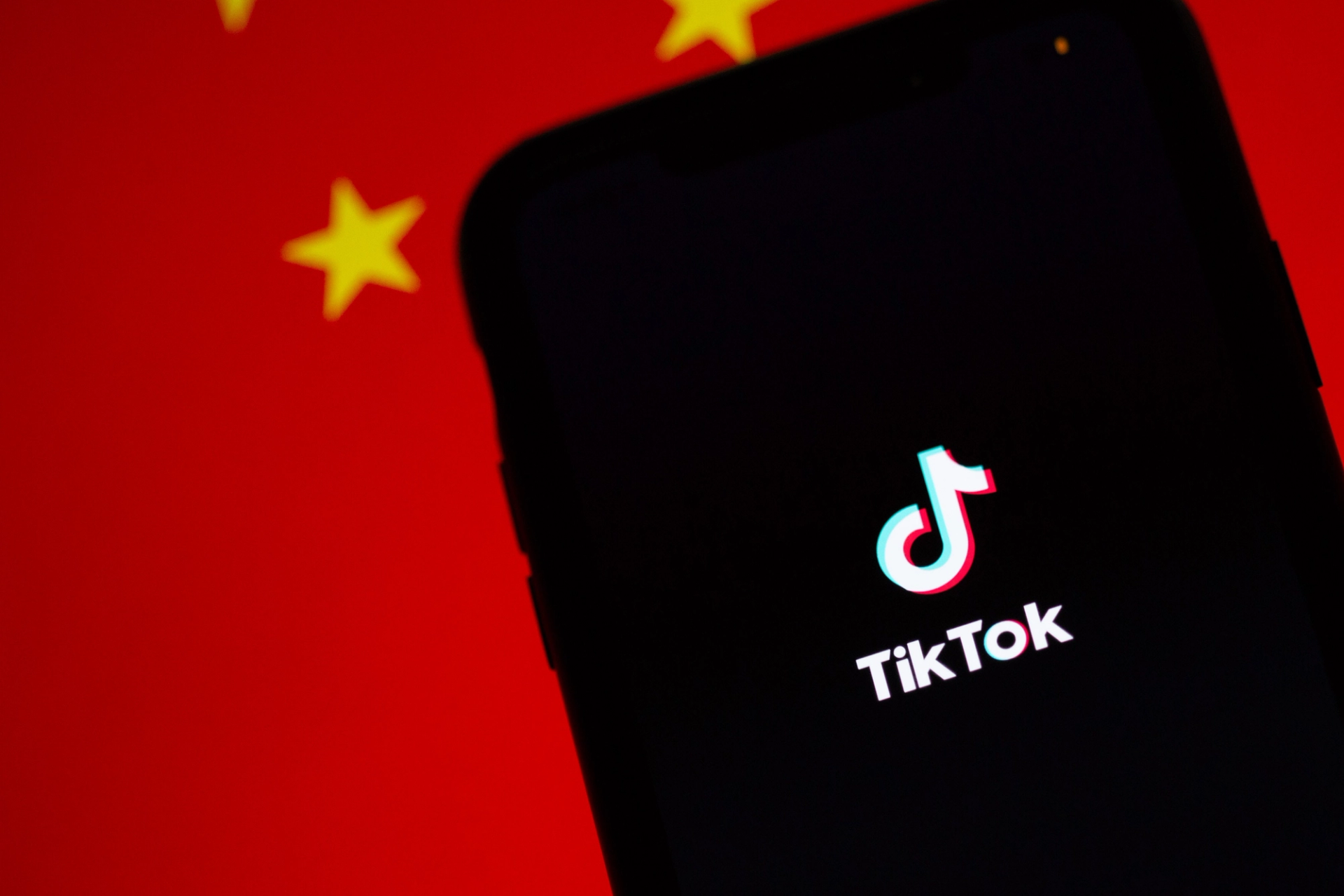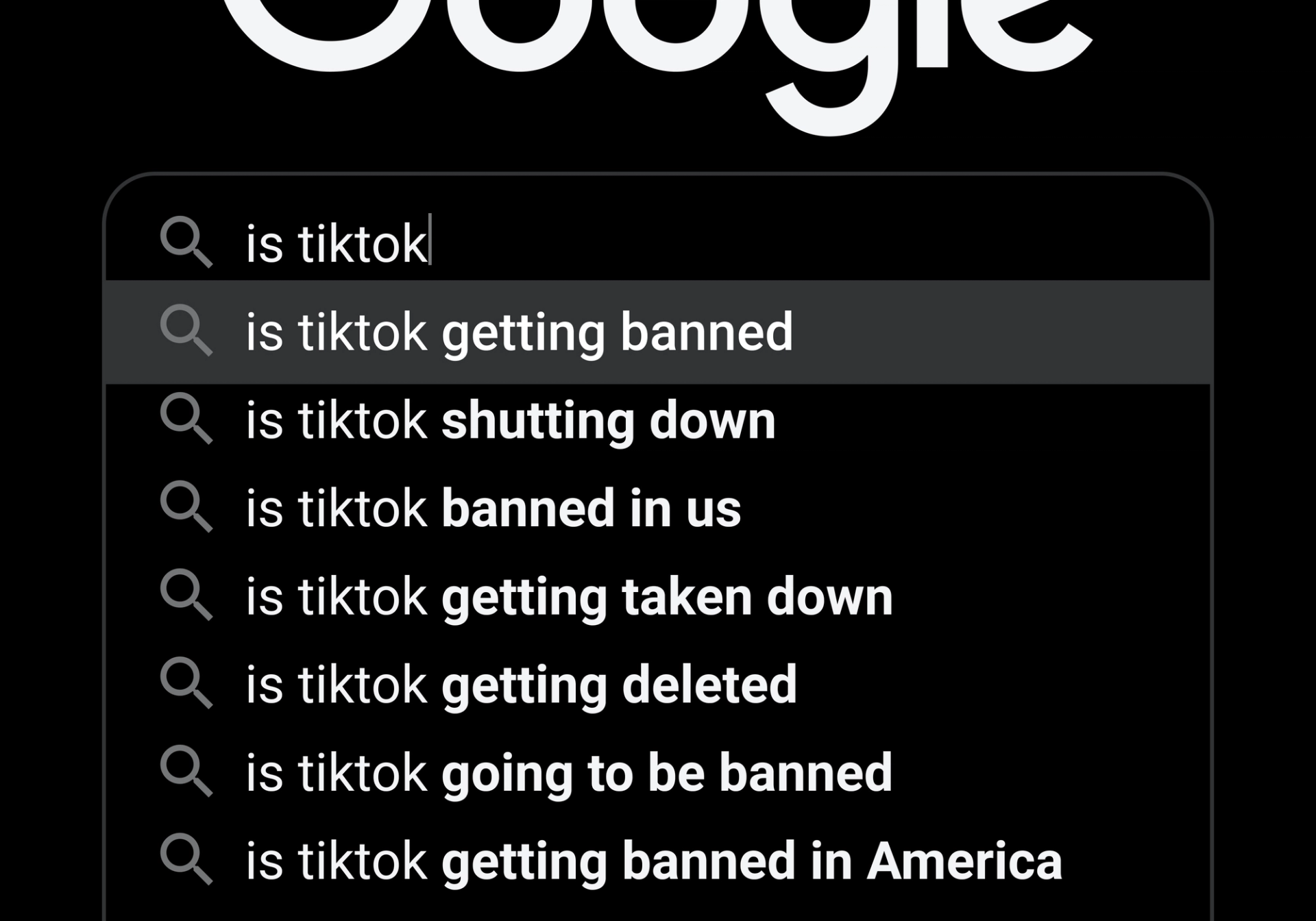The Scoop

TikTok’s hyper-aggressive internal security team drew a wave of complaints from employees before its conduct exploded into a public crisis in the United States last fall, according to people who previously worked at TikTok and documents reviewed by Semafor. Its parent company, the Chinese tech giant ByteDance, says it is now restructuring how the team operates.
Staffed by former U.S. and European law enforcement officials, TikTok’s Internal Audit and Risk Control department was supposed to protect TikTok from employee activity that might threaten its business or public reputation. Most large corporations have similar teams within their organizations.
But ByteDance CEO Liang Rubo and other members of the company’s leadership gave the Internal Audit team wide latitude to investigate employees using almost any means necessary, former TikTok staffers said. It used that power to repeatedly interrogate workers suspected of misconduct and search through extensive company records, such as email accounts, with seemingly little oversight.
The team was allowed to operate largely in secret, said Charles Bahr, who began working in TikTok’s Berlin offices as a strategic partner manager in July of 2020. In February the next year, Bahr said he learned the Internal Audit department opened an investigation into his alleged improper behavior. His manager and human resources representative weren’t made aware that his conduct was under review, according to documents he provided.
Over the course of the next nine months, Bahr said he was interviewed half a dozen times by former law enforcement officials who worked for TikTok, which Bahr compared to police interrogations.
A spokesperson for ByteDance said the company is restructuring its Internal Audit and Risk Control team, dividing it into two parts that will report to different executives. The global investigations team will report to the global legal department, while the Internal Audit team will report to Julie Gao, ByteDance’s chief financial officer.
“An Oversight Council will also be created, which will have remit over investigations and related practices and procedures to ensure compliance with internal policies and applicable laws,” the spokesperson said in a statement.
TikTok says these ByteDance teams will have no influence over USDS, the newly formed U.S. subsidiary it created to address the government’s national security concerns about its Chinese ownership. “All USDS employee investigations, outcome, corrective action, and remediation will be handled exclusively by USDS,” a TikTok spokesperson said in a statement.
In this article:
Louise’s view

The Internal Audit Team, which appears to have been influenced by both Chinese corporate culture and aggressive Western law enforcement practices, has emerged as a major liability for TikTok.
The company admitted in December it had inappropriately accessed data belonging to U.S. users, including journalists from Forbes and the Financial Times, as part of a failed attempt to identify the source of company leaks to those news outlets. TikTok and ByteDance later fired all four employees involved in the operation.
U.S. politicians have been talking for years about banning TikTok because the Chinese government could use the app to obtain sensitive data about Americans or turn it into a vehicle for propaganda. But the internal audit team’s hijinks aren’t exactly what those critics had in mind. The targets of TikTok’s spying were its own employees and beat reporters, not the American public.
Multiple people I spoke to noted that expense fraud and other forms of corporate misconduct are more common in China, which may be one reason why ByteDance was particularly worried about them. Two years ago, a pair of ByteDance employees were convicted of taking bribes in exchange for boosting the reach of videos on Douyin, the Chinese version of TikTok.
ByteDance’s competitors in China have faced similar issues. Tencent, for example, announced in January that it had fired dozens of people for behavior ranging from embezzlement to taking clothing originally purchased for video shoots.
“All the leadership people in Germany I talked to about the situation said they are trying to adapt the Chinese way to Germany,” said Bahr, referring to TikTok. “We have different rules here regarding everything.”
The Internal Audit team poured over Bahr’s expense reports and records, using them to accuse him of a range of different offenses, including expense fraud, misusing internal tools, and sharing data with other departments without permission. The charges eventually became so numerous that Bahr said he struggled to keep track of them. “Every three months, I got a new invite with a new topic,” he said.
Bahr, whose job involved helping TikTok build relationships with German influencers, media organizations, and politicians, maintains that he isn’t guilty of any wrongdoing. TikTok fired him at the end of 2021; he later sued for wrongful termination and settled out of court. In a LinkedIn message Bahr received after he left, a senior TikTok manager in Germany said “it’s shocking to see how the company handles sensitive private data and how they sometimes react to mistakes made by employees.”
Bahr’s experiences echo that of another former TikTok employee in New York, who left the company in 2021. In a goodbye letter circulated among TikTok alumni, the employee said he “had to endure an interrogation” by three individuals lasting more than 90 minutes, who accused him of leaking information to the press. The employee included screenshots showing his human resources representative was unaware he was under investigation.
Room for Disagreement
TikTok’s Internal Audit team rattled employees and violated user privacy, troubling behavior that shouldn’t be easily dismissed. Jordan Schneider, author of the newsletter ChinaTalk, writes that the company’s previous scandals show “the screams are coming from inside the house. Foreign employees within TikTok time and time again have seen alarming behavior from ByteDance and gone to Western media.” He is in favor of forcing ByteDance to sell off its U.S. TikTok business.
Notable
- Forbes reporter Emily Baker-White first broke the news that TikTok’s Internal Audit team accessed data on U.S. citizens. Her previous reporting showed it had also investigated several U.S. executives, including former TikTok security head Roland Cloutier and marketing lead Nick Tran.
- TikTok has been negotiating a deal with the U.S. government since 2019 that’s designed to ensure China has no influence on its American operations. Lawfare laid out the details of the initiative, which TikTok has dubbed “Project Texas.”
- Speaking of Texas, earlier this week it became the latest U.S. state to ban TikTok on government devices. As TikTok’s national security deal with the federal government has stalled, an increasing number of states have begun blocking the app on state-owned smartphones and university Wi-Fi networks.